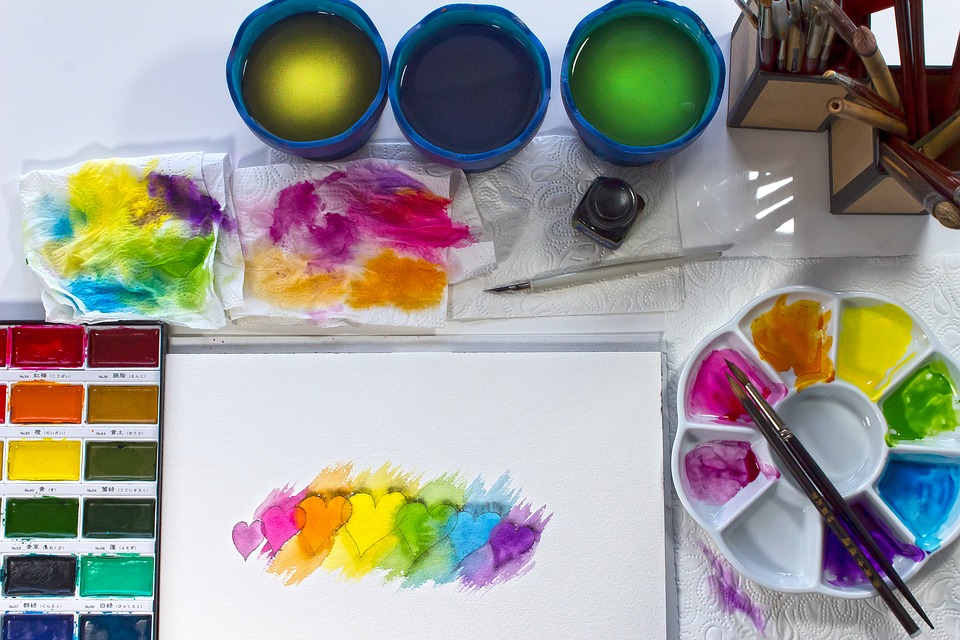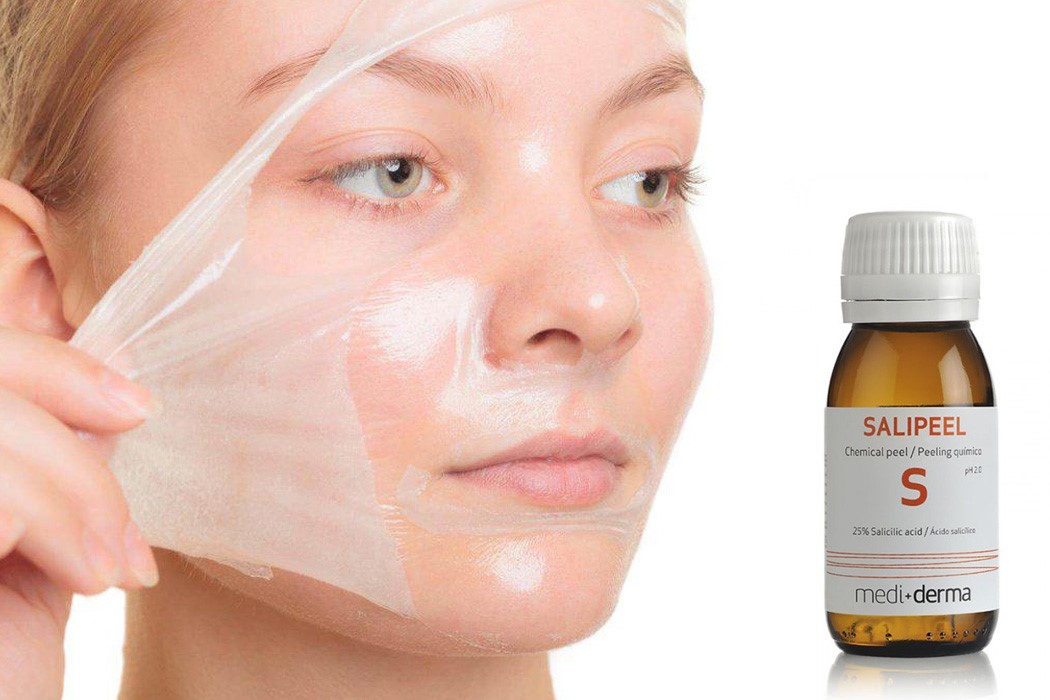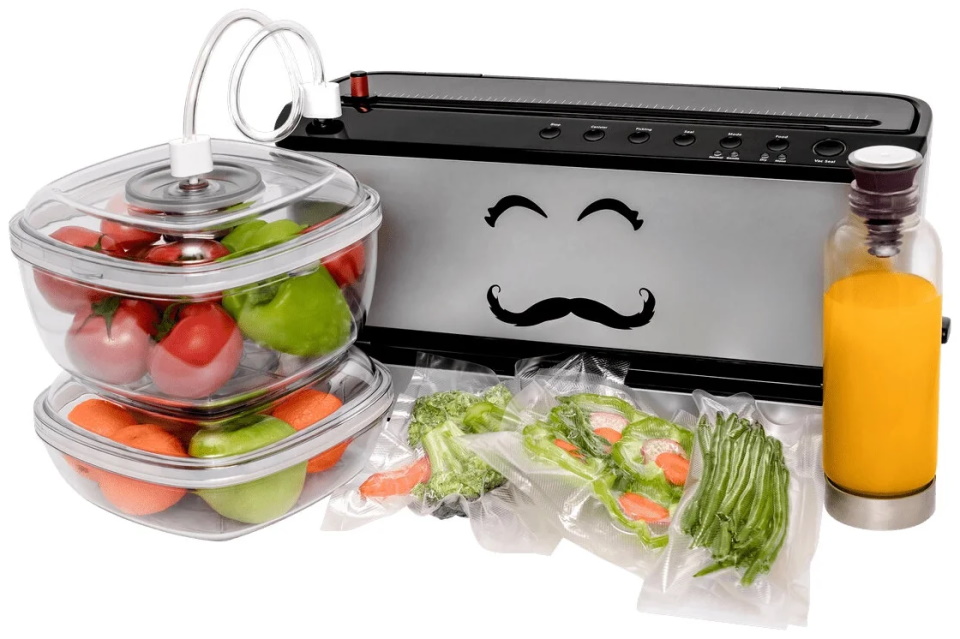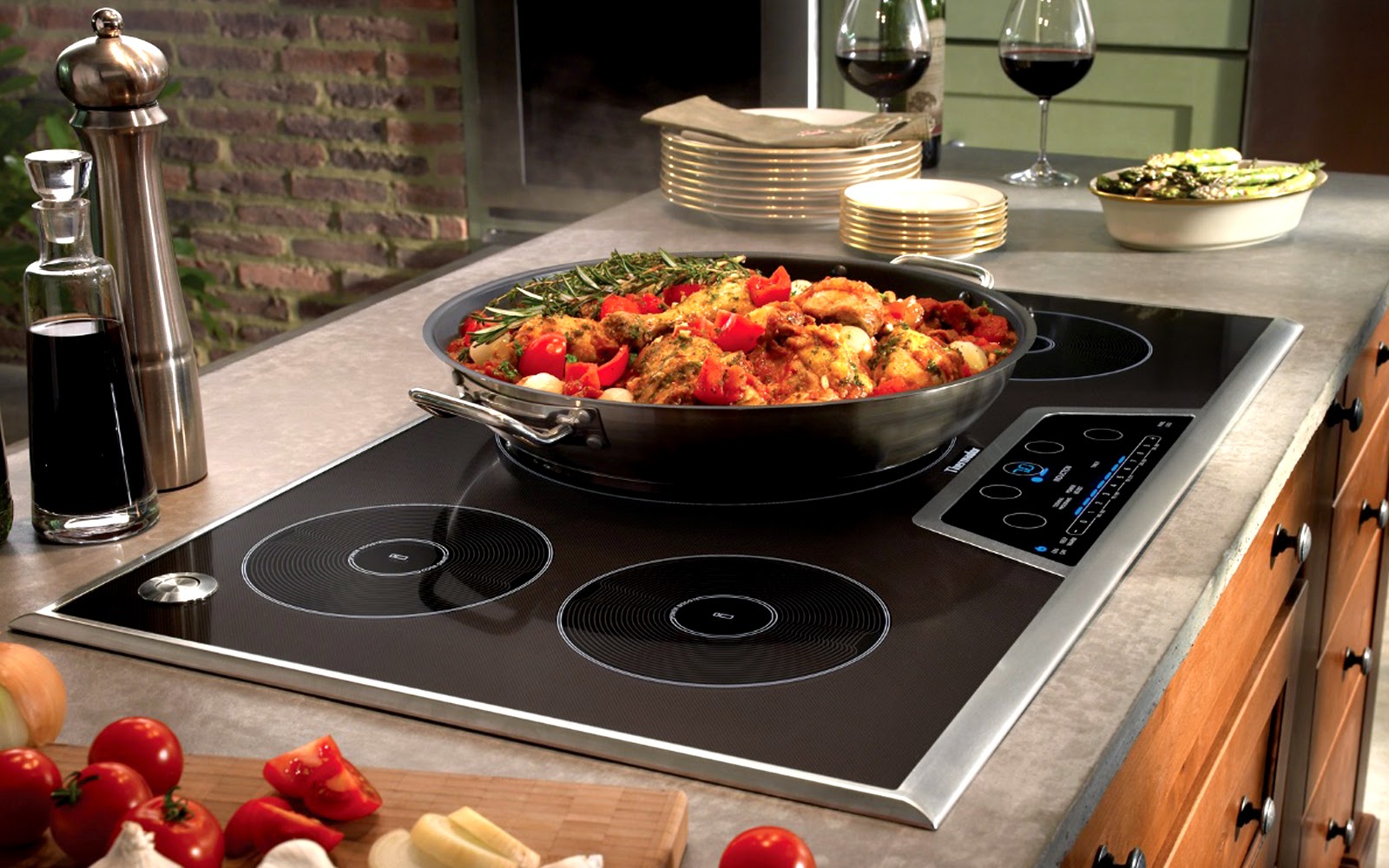Rating of the best grouts for porcelain stoneware for 2025
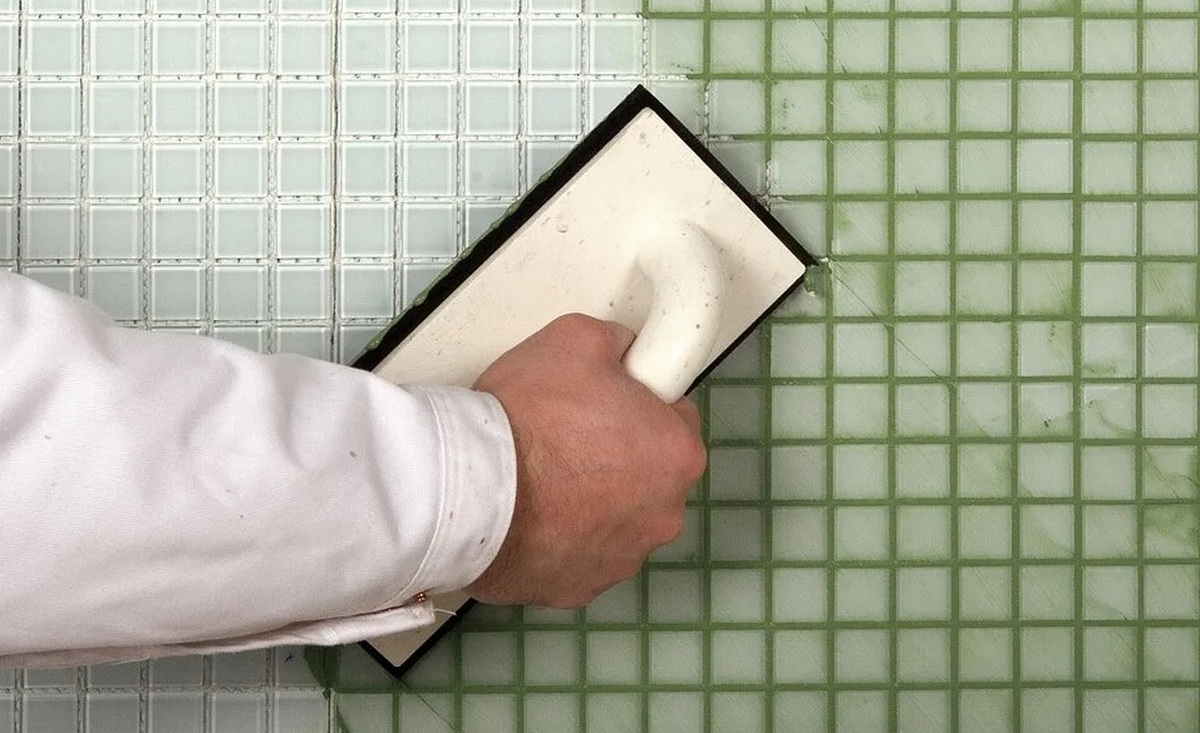
Porcelain stoneware is deservedly a super popular material for interior decoration, because it combines strength, reliability, visual appeal and other features. This material is used for facing rooms that have a special degree of various loads, but most often they equip bathrooms, kitchens and long corridors. In order to extend the service life of such a finish, a special grout of the inter-joint space is required, which is suitable for porcelain stoneware. Only through this method is it possible to achieve practicality and convenience when using porcelain stoneware. Among other things, it is precisely such a special joint filler that will successfully deal with the effects of high humidity, while maintaining the quality and reliability of the entire cladding.

Content
- 1 Features of fillers for joints in porcelain stoneware
- 2 Popular types of porcelain stoneware grouts
- 3 Epoxy grout - a special material
- 4 Special tools for grouting when working with porcelain stoneware
- 5 Rules for cleaning the coating after grouting
- 6 Difficulties of choice
- 7 Rating of the best grouts for porcelain stoneware for 2025
- 8 Conclusion
Features of fillers for joints in porcelain stoneware
Grouts for this material are those that have all the compatible and necessary qualities to maintain reliable operation of the cladding. The need for their use, first of all, is determined by the humidity in the rooms being finished, which clearly provides for different and more negative operating conditions that require an increased level of protection. At the same time, some types of expensive aggregate samples can reliably prevent typical chemical and biological threats (contacts with aggressive media and the vital activity of harmful bacteria).In general, specialized grout contributes to:
- Hardening of the facing coating;
- Protect surfaces from dirt and dust;
- Protection of the surface from the formation of mold, fungus and the development of microbes;
- Maintaining the tightness of the seams;
- Masking construction flaws made when laying tiles.
Popular types of porcelain stoneware grouts
Conventionally, all grouts for the type of finish in question can be divided into three large groups:
- Cement - completely cement for narrow joints and cement-sand for wide;
- Epoxy - made on the basis of resins and furan;
- Others - these include latex and silicone fillers.
Cement
These types are considered fairly standard solutions that produce a high-quality and practical result, even though more advanced epoxy compounds are commercially available. However, cement grouts are characterized by a special structure that is very difficult to remove from the surface of an already treated tile. Thus, in order to prevent such a situation, before starting grouting with cement products, it is necessary to treat the entire surface with special films or work extremely carefully. In addition to the above, it is possible to mention other "cons":
- The porous structure allows enhanced reproduction of harmful bacteria in the seams;
- The fragility of seam joints can lead to the fact that any mechanical loads (even the smallest ones) can violate their overall integrity;
- All work must be carried out very carefully, because there is a risk of spoiling the glossy surface of porcelain stoneware, which will no longer shine properly.
For the above reasons, most professional craftsmen prefer not to use this type of grout for grouting ceramic tiles.
Epoxy
This type is made on the basis of resins and epoxy and is a two-component product that is perfect for closing the seam spaces between tiles, fully performing the following functions:
- Preservation of structural integrity due to the fact that the layer will not have pores - there will be no field for the development of the vital activity of harmful microorganisms and conditions for the accumulation of dust;
- Antifungal additives in the composition will provide reliable protection against the appearance of mold and fungus;
- The default strength will allow the superimposed seam to successfully resist mechanical stress;
- A wide range of colors and shades of the grout will allow you to easily match it to a certain color scheme of the laid out porcelain stoneware.
However, no matter how good such aggregates are, they have a very high cost. Yet this is offset by their extremely good performance.
Other types
Silicone samples are characterized by improved antiseptic properties, they perfectly protect the seams, are presented in a variety of shades and colors, and are easily applied both on porcelain stoneware and on ordinary ceramic tiles. The latex version is the most modern. It is the leader in almost all indicators: high resistance to moisture, not afraid of temperature changes, has a large color palette, can be used not only as a grout, but also be a finishing compound for loggias, balconies and floors.
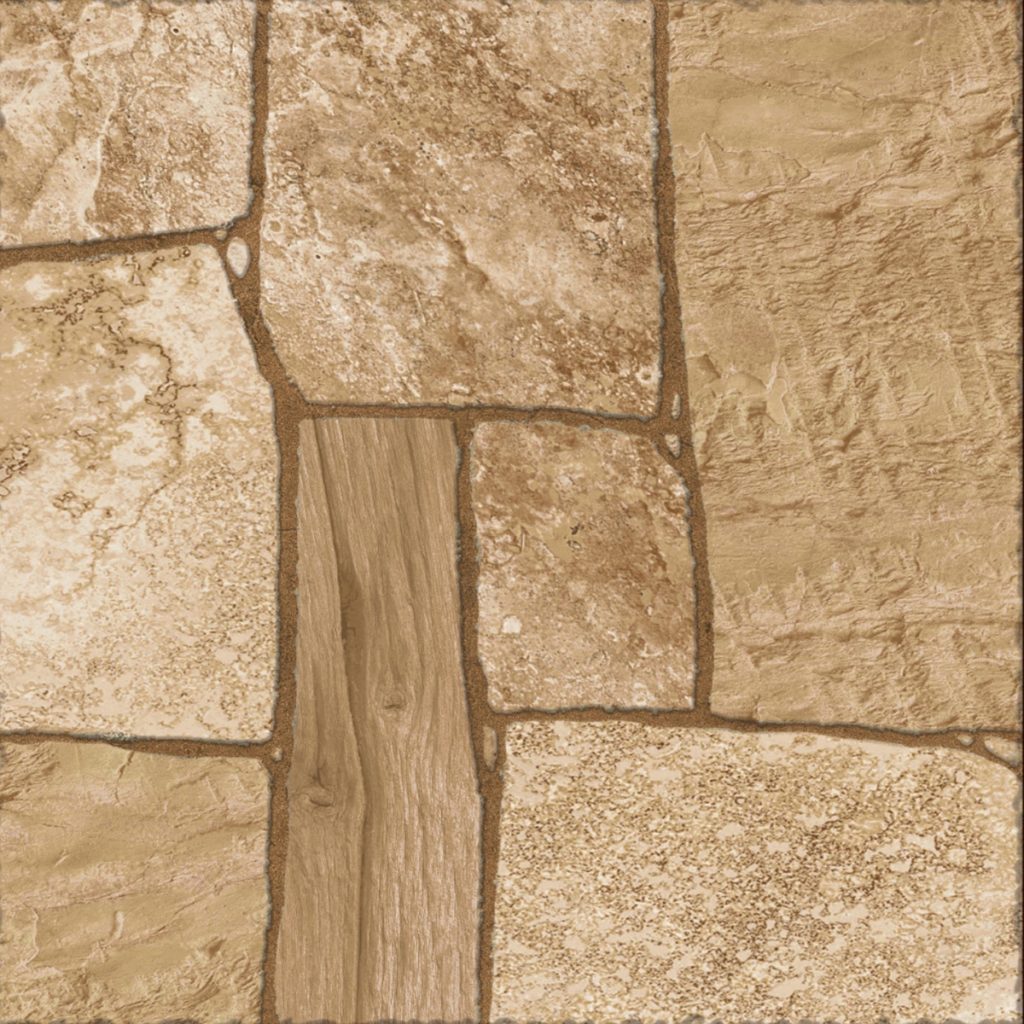
Epoxy grout - a special material
The uniqueness of these two-component compounds lies in the fact that, due to their high elasticity, they can even be used as a grout for a wooden floor. No other tool with a set of similar purposes differs in such versatility. The fugue is perfect for processing a vertical surface, and a horizontal floor, and other surfaces located at some angle. In addition, the structure of the processed material does not play a big role - whether it is porcelain stoneware or any other tile material. In most cases, the result will be excellent.
Fugue epoxy is used for:
- Arrangement of mosaic, stone, glass, ceramic floor coverings with a material width of not more than 20 millimeters;
- Laying tiles for civil and industrial construction;
- Carrying out a wide range of internal and external finishing measures on surfaces with any angle of location;
- Arrangement of finishing coatings in rooms with a constantly high degree of humidity and the presence of aggressive environments.
IMPORTANT! Practical cases are known when high-risk areas such as barns, silos, stables, breweries, battery stations, public baths and laundries were treated with fugue. Everywhere this material proved to be very successful.
The disadvantages of the fugue, in principle, are characteristic of most joint fillers and for this two-component composition they will not be a special exception:
- Overpriced - this minus is very expressive if we compare cement grout. However, if we compare the durability of both materials, it turns out that the fugue is well worth the money spent on it.Statistics say that the index of durability of the fugue seam is at least one and a half times higher than the similar layer of the cement sample. Moreover, cement materials, due to their porosity, are more prone to self-destruction, even if they are not subject to abundant external negative conditions.
- Special temperature operating conditions - the fugue is recommended to be applied at an ambient temperature ranging from +16 to +25 degrees Celsius. If you go beyond these temperature limits, the mixture will quickly liquefy (at high plus values) or will quickly thicken (at very low values). Accordingly, in any case, the master will not be able to properly fill the seam with a fugue.
Special tools for grouting when working with porcelain stoneware
The quality of seams on porcelain stoneware bases will largely depend on well-chosen tools. To get the best possible result, before and during work, you should follow a few simple rules:
- Hands should be protected with rubber gloves in order to prevent the harmful effects of mixtures on the skin.
- It is preferable to work with rubber spatulas with comfortable handles (this factor is verified empirically). To create the finishing formation of the seam, you need to use a stitching spatula.
- To apply the composition, it is better to spread it in small portions on a plastic flat container - this way you can prevent premature thickening of the mixture.
- For work, you may need a paint brush and a mounting knife - it will be convenient to remove excess smudges with them. Final cleaning is done with a soft sponge dampened with water.
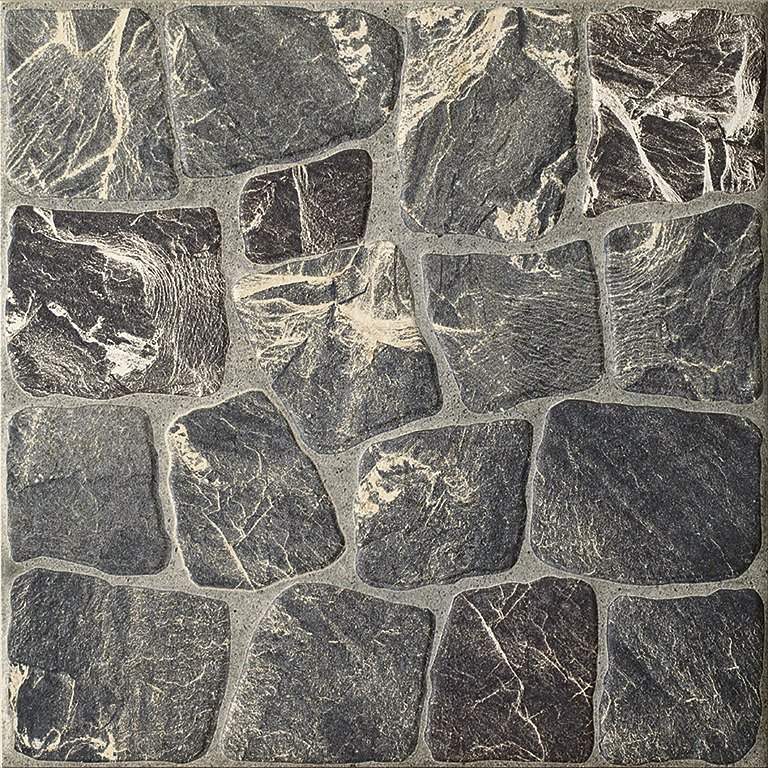
Rules for cleaning the coating after grouting
Upon completion of the processing of tiles, in porcelain stoneware, it will be necessary to clean the entire coating with high quality, preparing it as much as possible for future operation, in the absence of a violation of visual appeal. It is important not only to carry out a physical cleaning of the tile, but also to restore its hygienic safety throughout the area. Porcelain stoneware panels are fairly easy-to-maintain materials, so they can be cleaned from most types of pollution relatively quickly and easily, you just need to approach this process correctly.
It is worth remembering that rubbing the base is allowed with ordinary detergents, but which can only be used after the final drying of the grout filler - this way you can achieve the effect of reliability and practicality. As soon as the base will have full dry seams, which have been evenly and cleanly filled with the mixture while respecting the size and shape, you can proceed directly to the cleaning procedures. To do this, you need a standard sponge (or washcloth), with which you can wipe off all the dirt without compromising the visual appeal of the outer layer. A washcloth or sponge must be wetted in a liquid: it can be clean water or water with a detergent diluted in it. Only with the help of a liquid is it possible to remove the smallest dust and dirt from the surface.
IMPORTANT! If, during the procedure for removing smudges of the filling joint mixture from the surface, the grout is removed without applying any effort at all, then the cleaning work must be stopped.This situation suggests that the filler has not yet hardened and it can be removed in large quantities, which will reduce previous finishing work to "zero".
If we mention cement aggregates, then they have certain features that cannot be left without due attention. Cementitious substances must be cleaned very carefully and over small areas, otherwise there is a risk of surface damage (and it is quite possible that a violation of general sanitary requirements). In any case, it is not easy to wipe off cement compositions, and in order to avoid such problems, it is better to immediately use latex aggregates or epoxy fugue. Accordingly, neither special experience nor special skills are required to clean them.
Difficulties of choice
When making a purchase of the type of filling agent in question, you should rely on the following tips:
- You should always keep in mind the aesthetic aspect - the choice of a colored or colorless mixture will greatly depend on the shade of the porcelain tile itself. Proper combination and harmony of all colors will play a significant role in the visual perception of the interior.
- The simultaneous purchase of both the mix and the tile itself from the same manufacturer can generally remove the problem of compatibility, because such sets are not uncommon on the modern market.
- Patterned tiles or simple multi-colored tiles are better suited for processing them with colorless compounds. In any case, the composition should have a predominant color in the ornament - so the whole picture will be less colorful.
- But for a monochromatic panel, both a colorless substance and a color to match can be suitable.
- Dark options will always highlight the smallest details on the ornament, and light options will only help the most holistic perception.
- For flooring, it is preferable to buy dark mixtures, and for walls you need a mixture a couple of tones lighter.
Rating of the best grouts for porcelain stoneware for 2025
Budget segment
3rd place: "LLC" Kamenny Vek "adhesive grout for decorative stone 5 kg"
This universal gypsum mixture is intended for decorative stone. It can be used for any type of tile as an adhesive and grout mixture. It can be used outside the building (balconies, terraces, where there is no direct influence of water or snow.) During the development of the adhesive, all samples available on the market from other manufacturers were compared and tested on various substrates, which led to the creation of a “convenient” mixture on which it is possible to glue and immediately rub the seams of the decorative stone. The packaging can be used as a trowel bag. If during the mixing process a lot of water was suddenly poured, and the glue was already over, it is possible to add any gypsum mixture (putty, gypsum, plaster, etc.) to the solution (in a small amount). The recommended cost for retail chains is 440 rubles.
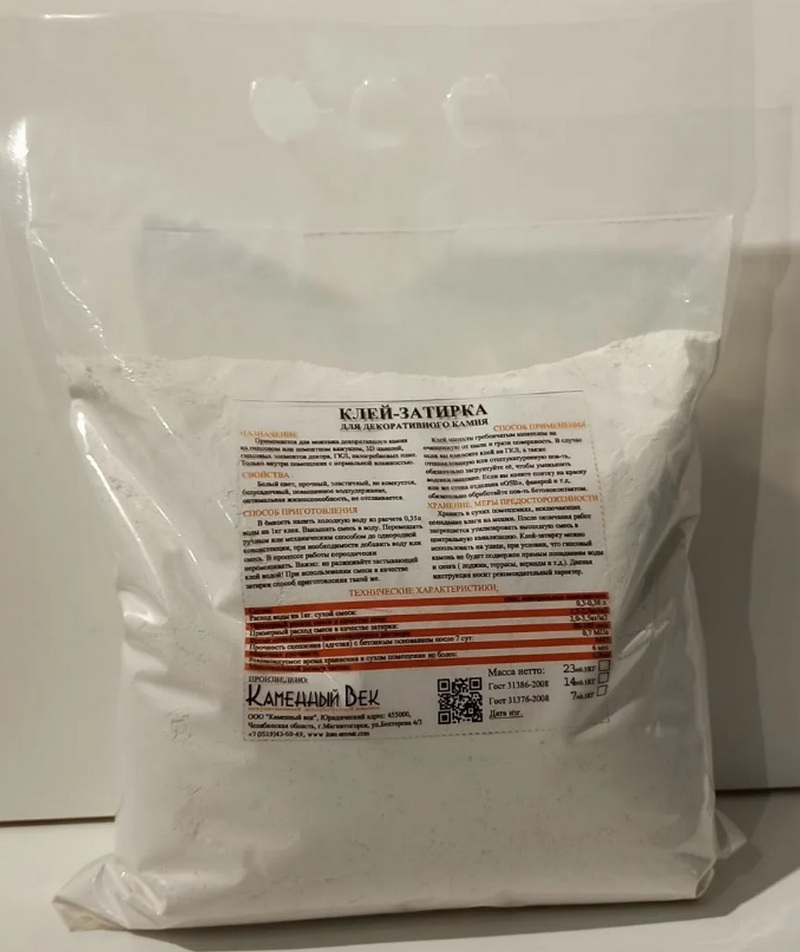
- Budget price;
- Dual purpose;
- Possibility of adding third-party fillers.
- Not detected.
2nd place: "LITOKOL LITOCHROM 1-6 C.470 black 2 kg"
This mixture is made on the basis of cement, mineral fillers, high-quality polymeric and organic additives interspersed with colored pigments.Designed for grouting tile joints with a width of 1 to 6 mm inclusive, when facing walls and floors with any type of tile and even agglomerate. When diluted with water, it is a creamy, plastic solution that is easy to use. On substrates subject to intense mechanical stress, on "warm" floors, on surfaces with a high water load, such as wet rooms, swimming pools, pool bowls, on balconies, terraces, etc., it is recommended to mix LITOCHROM 1-6 with "native » latex additive IDROSTUK-m without adding water (the proportions of the mixture preparation are indicated in the documentation). At the same time, the elasticity of the substance will improve, adhesion to the ends of the tile will increase, and the water absorption of the grout in the joints will decrease. The recommended cost for retail chains is 480 rubles.

- Differs in high resistance to mechanical influence and deformation;
- Good adhesion to the ends of the tiles;
- Low water absorption;
- Frost resistance;
- High abrasion resistance;
- Low shrinkage;
- No fading.
- Not detected.
1st place: "SAUMALAASTI KIILTO 1 kg №50 black"
This product is characterized by ultra-low emissions of harmful volatile substances and is intended for tiles and porcelain tiles, as well as other ceramic materials. The width of the seam can be 1-6 mm. The depth of the seam must be at least 3 mm. Main characteristics: colors - 32 colors, manufacturer - Finland, environmentally friendly, for indoor / outdoor use. Assumes a long time of work (2-3 hours), retains color, UV-resistant pigments in the composition. The result is smooth and tight seams, ideal for designer tiles.Leaves no scratches on the surface. Available: mold protection, water repellency and wear resistance. The recommended cost for retail chains is 500 rubles.
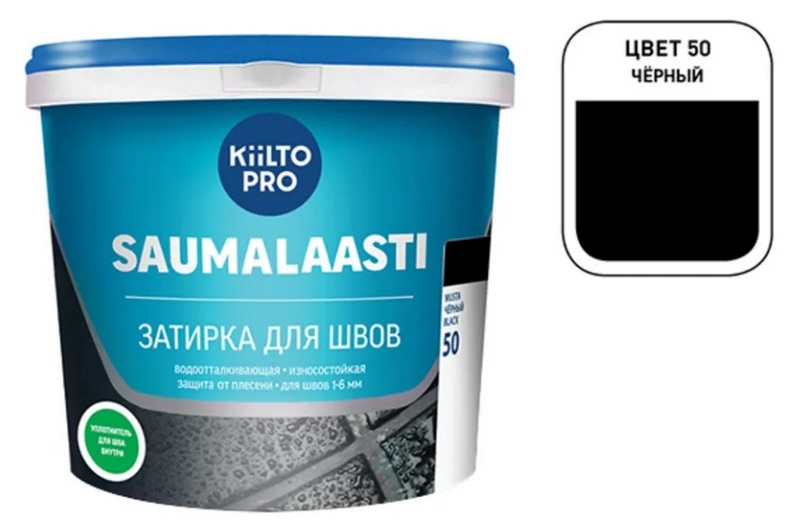
- Almost complete versatility;
- Wide scope of application;
- Expanded color range.
- Small container.
Middle price segment
3rd place: "Ceresit СE40 13 Anthracite 2 kg"
This substance is designed to fill the joints of ceramic, stone (including marble) and glass (except mirror) tiles on floors and walls inside and outside buildings, with a joint width of up to 10 mm. Due to its high elasticity, the composition can be used on deformable bases (chipboard, drywall, etc.) and bases subject to temperature fluctuations (heated floors, terraces, outdoor pools, etc.) where chemical resistance is not required. Preparation for the treatment of pools should be carried out in accordance with GOST R 53491.1 of 2009. In thermal and sea water pools, the epoxy version CE 89 must be used. Due to the Aquastatic effect (hydrophobic properties) and the TrioProtection MicroProtect formula (high resistance to fungus and mold), CE 40 grout is optimal for use in rooms with constant humidity: bathrooms, showers, kitchens, etc. It is recommended to fill corner, deformation and joints adjacent to sanitary equipment together with CS 25 silicone grout. The recommended retail price is 700 rubles.
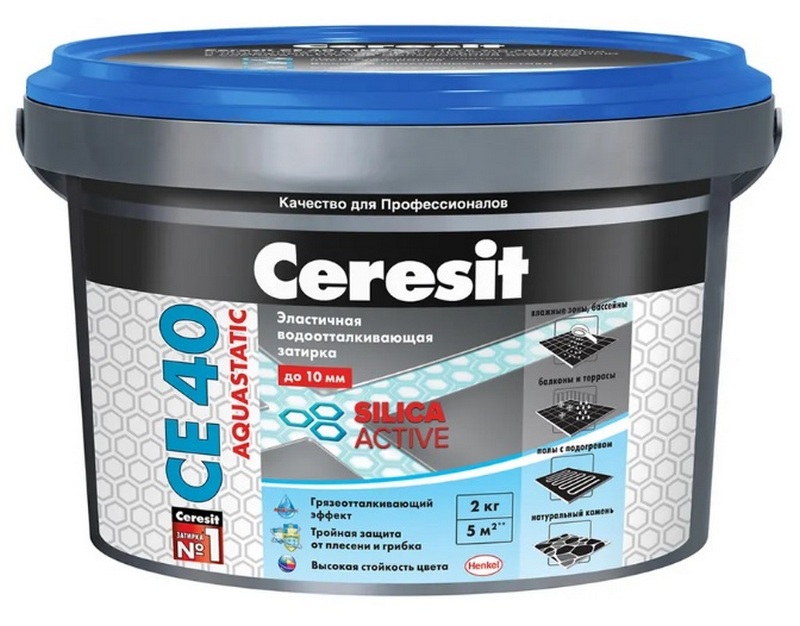
- Application variability;
- A large number of protective properties;
- Manufactured using innovative technologies.
- Not detected.
2nd place: "Ceresit CS 25 Jasmine"
This mixture is intended for sealing corner, deformation and adjacent to sanitary equipment (bathtubs, sinks, etc.) seams of tiled linings in rooms with high humidity: bathrooms, showers, kitchens, toilets, etc. Possesses high adhesion to the enameled surfaces, glass, porcelain and faience. The "MicroProtect" formula provides long-term resistance to fungus and mold. Due to its high resistance to UV radiation and ozone, it can be used outdoors. Does not adhere to rubber, bitumen, tar, Teflon, polyethylene and materials that release oils, plasticizers or solvents. Contains fungicides and releases acetic acid when cured, therefore not suitable for contact with food, drinking water, marble, limestone, mirrors, corrosive metals (lead, copper, zinc, iron) and for sealing aquariums. Products are allowed to be transported at temperatures from -20°C to +50°C in closed vehicles without special conditions for maintaining the temperature regime both in summer and in winter.
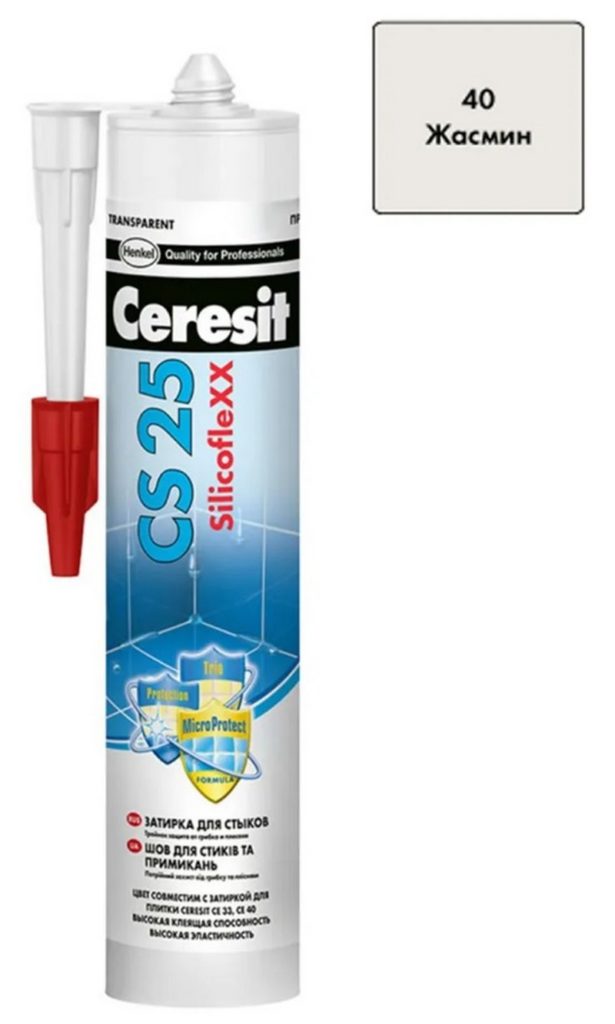
- Available in 16 colors, including transparent, in accordance with the color range of Ceresit grouts;
- Elasticity and water resistance;
- Enhanced antifungal effect (Trio Protection "Micro Protect" formula);
- Weather resistance, highly resistant to UV radiation and ozone;
- Suitable for outdoor and indoor work;
- Environmental Safety.
- Small volume.
1st place: "SAUMALAASTI KIILTO 3 kg №39 light marble"
This light marble mix is supplied in 3 kg containers and is used for grouting ceramic tiles and porcelain stoneware. It is used in rooms dry, with moderate humidity, with the increased humidity. Country of manufacture - Finland. Features of the composition: antifungal additive, high moisture resistance, increased strength, it is preferable to use for heated floors. Differs in frost resistance and vapor permeability. The recommended cost for retail chains is 1065 rubles.

- Sufficient container volume;
- Excellent operational characteristics;
- Good value for money.
- Not detected.
Premium class
3rd place: "Polymer Diamant Star lvl.80, cappuccino color 813"
This is the simplest and most convenient grout in terms of application technology, which eliminates mixing, mixing and surface cleaning errors. Has no analogues on the market. Made on the basis of an inert light-refracting crystalline filler. The seam is recommended from 1 to 10 mm. DOES NOT CONTAIN CEMENT AND EPOXY RESINS. It is used for indoor and outdoor use and for use in wet areas: in bathrooms, showers and bathrooms. Designed for all types of mosaics, ceramic tiles, porcelain stoneware, clinker, natural and artificial stone products. Can be used with underfloor heating systems. VITALITY IS UNLIMITED. Curing time at a temperature not lower than +20 C and relative humidity not higher than 65% for light pedestrian traffic after 24 hours, and for intensive pedestrian traffic - 72 hours. The beginning of operation in damp rooms is possible in 7 days.Resistant to stains and dirt, frost resistance - at least 5 cycles. The recommended cost for retail chains is 2200 rubles.

- Frost resistance and antifungal protection;
- Easy application;
- quality structure.
- Not detected.
2nd place: “KIILTO Epoxy Tile Grout No. 329 ivory 2 kg”
This two-component grout is a development based on epoxy resin for sealing tile joints. The composition is well cleaned of contaminants, has high strength, as well as wear resistance and resistance to aggressive environments and various chemicals. Due to these properties, the material is suitable for applications in, for example, kitchens in the food industry, as well as in swimming pools and spas, where special requirements are placed on the grout joint with increased strength and the ability to clean with acidic detergents. It is applied to seams 1-10 mm wide. The working time is 45 minutes after mixing the components. Full drying time under normal conditions (humidity and temperature) - 5 days. Can also be used for bonding tiles. The life time of the mixture is about 30-45 minutes. (+20°C). The heat of reaction can shorten the pot life of the grout. Wear resistance ≤ 250 mm3 (EN 13888), density/specific gravity approx. 1.5 kg/l. CONSUMPTION - about 0.5 - 1.5 kg / m², depending on the size of the tile and the seam. Mixing ratio 1 to 18. Application temperature: recommended conditions: +18+20 °C, minimum application temperature +10 °C. The recommended cost for retail chains is 5400 rubles.

- Special strength properties;
- Large allowable seam width;
- Well cleaned from dirt.
- It strongly depends on the temperature conditions during the initial application.
1st place: "Kerakoll for tiles 51 Silver Fugalite Eco 3 kg Silver 3 kg"
This certified high flow joint filler and adhesive is easy to rinse off. It is bacteriostatic, waterproof and non-staining, with increased chemical-mechanical strength, for joints from 0 to 10 mm. It is a liquid ceramic material for homogeneous and continuous jointing on all ceramic and glass claddings. Environmental class - rating 2, and according to the European system A +. Recommended for use in children's, including preschool institutions, for surfaces in contact with food - countertops, kitchen aprons, showers, bathrooms, swimming pools, hammam, spas. The recommended cost for retail chains is 8230 rubles.

- Production according to European standards;
- High chemical strength;
- Increased environmental friendliness.
- Overcharge.
Conclusion
Grout for porcelain stoneware must combine different substances, which will depend on the nature of the manufacture, namely, epoxy and cement products are distinguished with their standard and specific properties. But when a special trowel option is needed, what is the best choice to transform space and obtain reliability in terms of surface finish? It is always worthwhile to individually familiarize yourself with any epoxy and cement compositions, since each option is individual and has its own characteristics.
new entries
Categories
Useful
Popular Articles
-

Top ranking of the best and cheapest scooters up to 50cc in 2025
Views: 131650 -

Rating of the best soundproofing materials for an apartment in 2025
Views: 127689 -

Rating of cheap analogues of expensive medicines for flu and colds for 2025
Views: 124517 -

The best men's sneakers in 2025
Views: 124031 -

The Best Complex Vitamins in 2025
Views: 121938 -

Top ranking of the best smartwatches 2025 - price-quality ratio
Views: 114978 -

The best paint for gray hair - top rating 2025
Views: 113393 -

Ranking of the best wood paints for interior work in 2025
Views: 110318 -

Rating of the best spinning reels in 2025
Views: 105327 -

Ranking of the best sex dolls for men for 2025
Views: 104363 -

Ranking of the best action cameras from China in 2025
Views: 102215 -

The most effective calcium preparations for adults and children in 2025
Views: 102010


